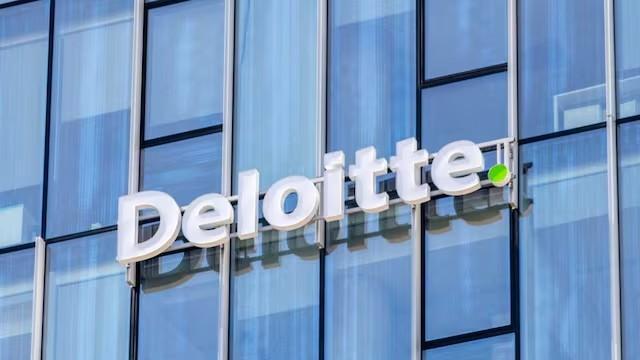
Attendance Will Now Be Considered in Performance Reviews: Deloitte
In a recent move that has sent shockwaves through the corporate world, Deloitte, a leading professional services firm, has announced that office attendance will now be a key factor in its employees’ performance reviews. The decision was made public in a message sent to staff in the US tax division, which has sparked concerns among employees about how this new policy may impact their bonuses.
According to the message, seen by Financial Times, Deloitte has emphasized the importance of in-person collaboration and attendance at the office or client site. The company has specified that staff should ensure they are present at the office or client site for at least 50% of their working hours, which translates to 2-3 days per week. This new policy is expected to take effect immediately, and employees who fail to meet the attendance requirements may see their bonuses impacted.
The decision to link attendance to performance reviews is a significant shift in Deloitte’s approach to employee evaluation. In the past, performance reviews have focused primarily on job-specific skills, productivity, and overall job performance. However, the company has now decided to place greater emphasis on the importance of in-person collaboration and attendance.
In the message sent to staff, Deloitte wrote, “Being present at the office or client site will now be considered in your performance evaluations.” The company added that staff should “ensure in-person collaboration 2-3 days (50%) weekly” to meet the new attendance requirements.
While some employees may view this new policy as a welcome change, others may be concerned about the potential impact on their bonuses. In the past, bonuses have been based primarily on job performance, which has provided employees with a clear understanding of what is expected of them. However, the new policy introduces an additional factor that may affect their bonuses, which could create uncertainty and anxiety.
The decision to link attendance to performance reviews is not unique to Deloitte. In recent years, several companies have implemented similar policies in an effort to promote a more collaborative and productive work environment. However, the impact of these policies on employee morale and job satisfaction remains unclear.
Some experts argue that the emphasis on in-person collaboration and attendance is a necessary step to promote a more collaborative and productive work environment. With the rise of remote work and virtual communication, some companies have struggled to maintain a sense of community and collaboration among their employees. By requiring staff to be present in the office or client site for a certain percentage of their working hours, Deloitte is attempting to promote a more collaborative and engaged work environment.
Others argue that the new policy may have unintended consequences, such as increased stress and anxiety among employees. With the added pressure to meet attendance requirements, employees may feel overwhelmed and stressed, which could negatively impact their job performance and overall well-being.
In conclusion, Deloitte’s decision to link attendance to performance reviews is a significant shift in the company’s approach to employee evaluation. While some employees may view this new policy as a welcome change, others may be concerned about the potential impact on their bonuses. As the company begins to implement this new policy, it will be important to monitor its impact on employee morale and job satisfaction.






